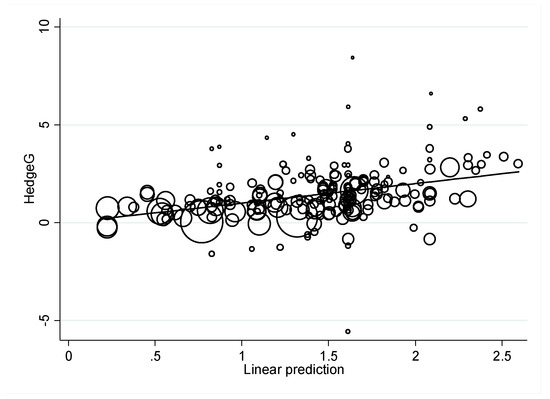
The Comparative Efficacy of Treatments for Children and Young Adults with Internet Addiction/Internet Gaming Disorder: An Updated Meta-Analysis
Internet gaming disorder (IGD) is a formal mental disorder leading to bad outcomes for children and adolescents. This study comprehensively compared the estimated effect of various pharmacotherapy and psychosocial interventions for IGD from randomized controlled trials (RCT) through updated meta-ana…
- Chang, C.-H., Chang, Y.-C., Yang, L., & Tzang, R.-F. (2022). The Comparative Efficacy of Treatments for Children and Young Adults with Internet Addiction/Internet Gaming Disorder: An Updated Meta-Analysis. International Journal of Environmental Research and Public Health, 19(5), 2612. https://doi.org/10.3390/ijerph19052612
インターネットゲーム行動症(IGD)は、子どもや青少年に悪い結果をもたらす正式な精神障害である。本研究では、ランダム化比較試験(RCT)から得られたIGDに対する様々な薬物療法および心理社会的介入の推定効果を、メタ回帰を用いた最新のメタアナリシスにより包括的に比較した。2000年から2017年のPubMed/MEDLINE,Cochrane Library,Airiti Libraryを対象に,様々なIA/IGDの介入様式について検索を行った。5601人のIA/IGDの小児および若年成人を対象とした29の選択された論文から、合計124の研究を発見した。プールされた標準化平均差(SMD)をメタ分析したところ、予備的ランダム効果は1.399、95%信頼区間は1.272-1.527であり、IA/IGDの治療効果が高いことが示唆された。年齢、出版年、被験者のタイプ、研究のタイプなどの交絡リスクを調整した結果、薬物療法と認知行動療法(CBT)またはマルチレベルカウンセリング(MLC)の併用が最も有効な治療オプションであることが明らかになりました。オンラインに費やした時間の尺度やIA症状の重症度尺度を用いることがより効果的であり、それぞれp値=0.006、0.002であった。うつ病を併存するIA/IGD患者は、別の併存疾患を持つ若者よりも悪い転帰を示した。対応するモデルの適合度指標は、τ2 = 1.188; I2-Residual = 89.74%; Adjusted-R2 = 16.10%であった。この系統的レビューは、薬物療法とCBTまたはMLCの併用が、ゲーム行動症の青少年に対する有効な治療戦略である可能性を示している。
